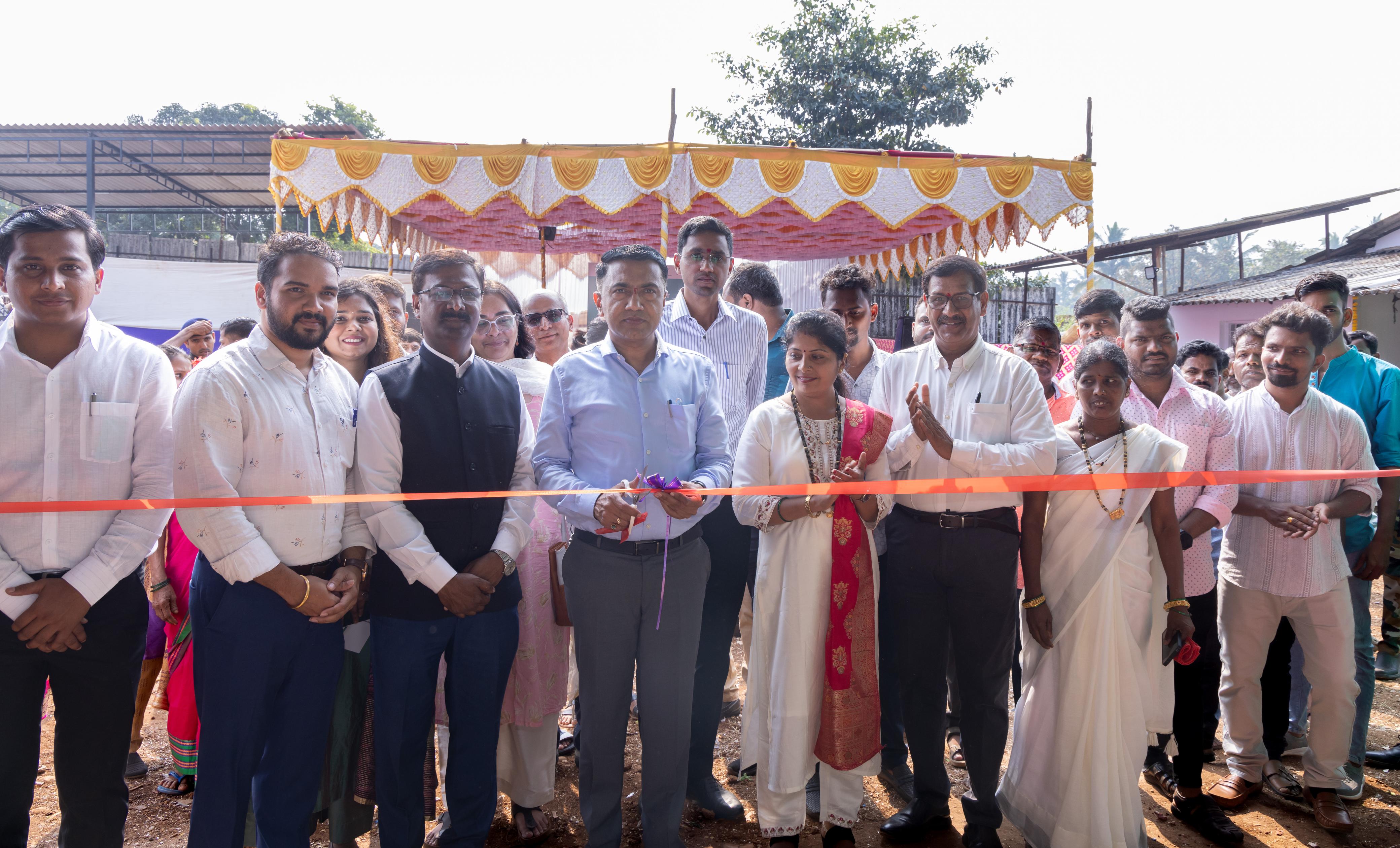Subscribe our Weekly Newsletter
RFP - Endline Assessment Women-Centered Reproductive and Maternal Health in Chhattisgarh and Odisha

Organization: Centre for Catalyzing Change (C3)
Apply By: 15 Nov 2024
Women-Centered Reproductive and Maternal Health in Chhattisgarh and Odisha
Endline Assessment - Request for Proposal
BACKGROUND
Centre for Catalyzing Change (C3) is implementing a project in two states of India – Odisha and Chhattisgarh - which aims to improve women’s agency and amplify their voices to meet their reproductive, maternal, newborn and child health goals.
The project objectives are to:
- Improve women’s agency, and amplify their voices, to meet their reproductive and maternal health goals through integrated interventions around:
- Engage women and communities to demand and utilize gender-responsive and quality Reproductive, Maternal, Newborn and Child Health (RMNCH) services
- Strengthen health service delivery to deliver better quality, respectful and equitable services
- Capacity building of community platforms to promote better accountability.
ASSESSMENT QUESTIONS
- To assess the entire project against the effectiveness, relevance, efficiency, sustainability, knowledge generation and impact criteria, as well as the cross-cutting Agency
- To understand the capacity bridging of the facility and community stakeholders to deliver quality and equitable services and what are the points for intervention?
- To Understand the women’s’ agency to demand fulfilment of their rights and entitlements, health services and access grievance redressal mechanisms?
- To identify key lessons and promising or emerging good practices that led lead to better provision and uptake of socially inclusive gender sensitive and respectful maternal health services?
- To assess the likelihood of the project's benefits continuing after the end of the funding period and to assess the capacity of the stakeholder to sustain the project outcome.
|
|
|
|
|
|
AREAS OF RESEARCH
- Measure awareness among women on entitlements and rights outlined under various maternal health policies as well as right to socially inclusive, gender-sensitive health system
- Assess women’s experience of care vis-à-vis respectful maternity care.
- Assess provision and uptake of public health grievance redressal mechanism
- To assess the process followed to monitor the project
SCOPE OF THE STUDY
Based on the findings of the baseline, the interventions were designed and implemented. Also, the results of the baseline have informed the development of baseline indicators that will measure the effect of interventions at end line. The endline for the project is planned the month of November 2024 to Feb 2025
C3 has planned the Quasi experimental design. A total 1200 women in the reproductive age group of 18-49 years will be interviewed. The sample will be selected from 2 states. From each of the state, 400 women from intervention areas and 200 women from non- intervention areas will be selected and interviewed (The agency can suggest the sampling process).
C3 plans to observe the labor room in one of the districts in both the selected states. From each of the selected district/block district hospitals (two from each state, for observation of the labor room), atleast 6 hours will be observed (two hours in the morning, afternoon and night each).
To understand the implementation of maternal health programs, C3 has planned to conduct observations of VHSNDs and ANC clinics, interviews with community stakeholders such as PRI members, VHSNC members, women and community members.
To understand the perspectives of the health facility service providers, the qualitative assessments will be conducted through In-depth interviews with service providers. The total sample for the qualitative assessments is about 50 across the 2 states.
STUDY DESIGN and TARGET GROUPS
A multistage random sampling will be employed with Village as a primary sampling unit.
The plan to collect the data using qualitative assessments are:
- Observation checklist for observations in labor room, VHSNDs and ANC clinics.
- The qualitative tools meant for service providers such as for doctors, staff nurses, ANMS, ASHAs
- The qualitative tools meant for and community stakeholders such as PRI members, VHSNC members, Women SHGs
- Qualitative tools for interviews with women in the reproductive age group of 18- 49 years and Birth companions
STUDY TOOLS
The following bilingual tools will be used during data collection:
- CAPI-Guided Survey or Schedule for currently pregnant mothers
- CAPI -Guided survey for mothers who have delivered in the last 12 months
- CAPI -Guided survey for women in the reproductive age group 18-49 years
- Observation checklists to observe activities in VHSNDs, ANC clinics and in the labor room
- Guided interview schedules for Doctors, Staff nurses, ANMs, ASHAs and Birth Companions.
- Guided interview schedules for PRI members, VHSNC members, women SHG members and community stakeholders as mentioned.
SAMPLING DESIGN
The sample selection of states will be done using random sampling and the blocks/districts using purposive sampling.
TIMELINE
The study will be carried out between November 2024– February 2025
ROLE OF THE RESEARCH AGENCY
- Identification, recruitment and training of investigators and other field level staff.
- The training will be arranged and conducted by the agency with C3 officials.
- Adapting tools for CAPI and preparing detailed question wise aid meant to be used as a manual.
- Piloting of the tools and calculate the estimates of the number of women delivered in the selected Hospitals
- Planning launch and implementation of data collection ensuring data quality mechanisms
- Scrutiny of Questionnaires, Coding of responses, Data Entry of quantitative questionnaires
- Submission of data in SAV format, coded data of the observations and qualitative assessments
- Submission of all the survey materials (data sets) to C3
TRAINING OF FIELD STAFF, FIELD SUPERVISION
- The research agency will be responsible for recruiting the qualified investigators.
- The research agency will be responsible for adequately training the investigators, field supervisors and data analysts to ensure data quality.
- Teams should have male as well as female investigators
- The research agency will be responsible for conducting training for the field investigators. The agency will be responsible for hiring venue and logistics for the training.
- Experts and representatives of C3 will participate and assess the quality of the training.
- C3 officials would also visit field during data collection for on the spot assessment of quality of data collection. The agency is expected to make quick actions on any recommendations suggested during these spot visits.
For more C3 related information kindly log on to https://www.c3india.org.
Interested technical agencies kindly share the technical and financial proposal and the agency's credentials to procurement@c3india.org by 5.30 pm on/before November 15, 2024.
Please mention ‘Endline Assessment- MACP Project in CG and OD’ on the subject line of email.
To download the full RFP, click here
Latest Online Store
Latest Grants
Latest News
© Renalysis Consultants Pvt Ltd

.png)











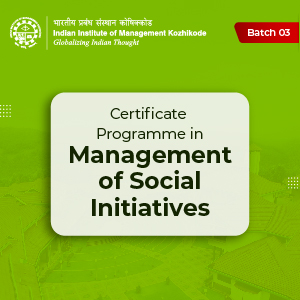
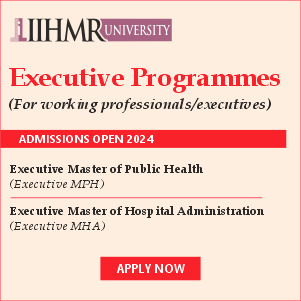
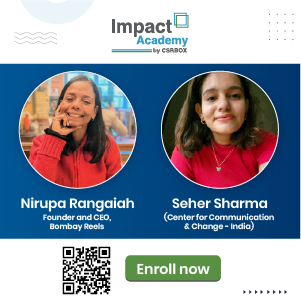








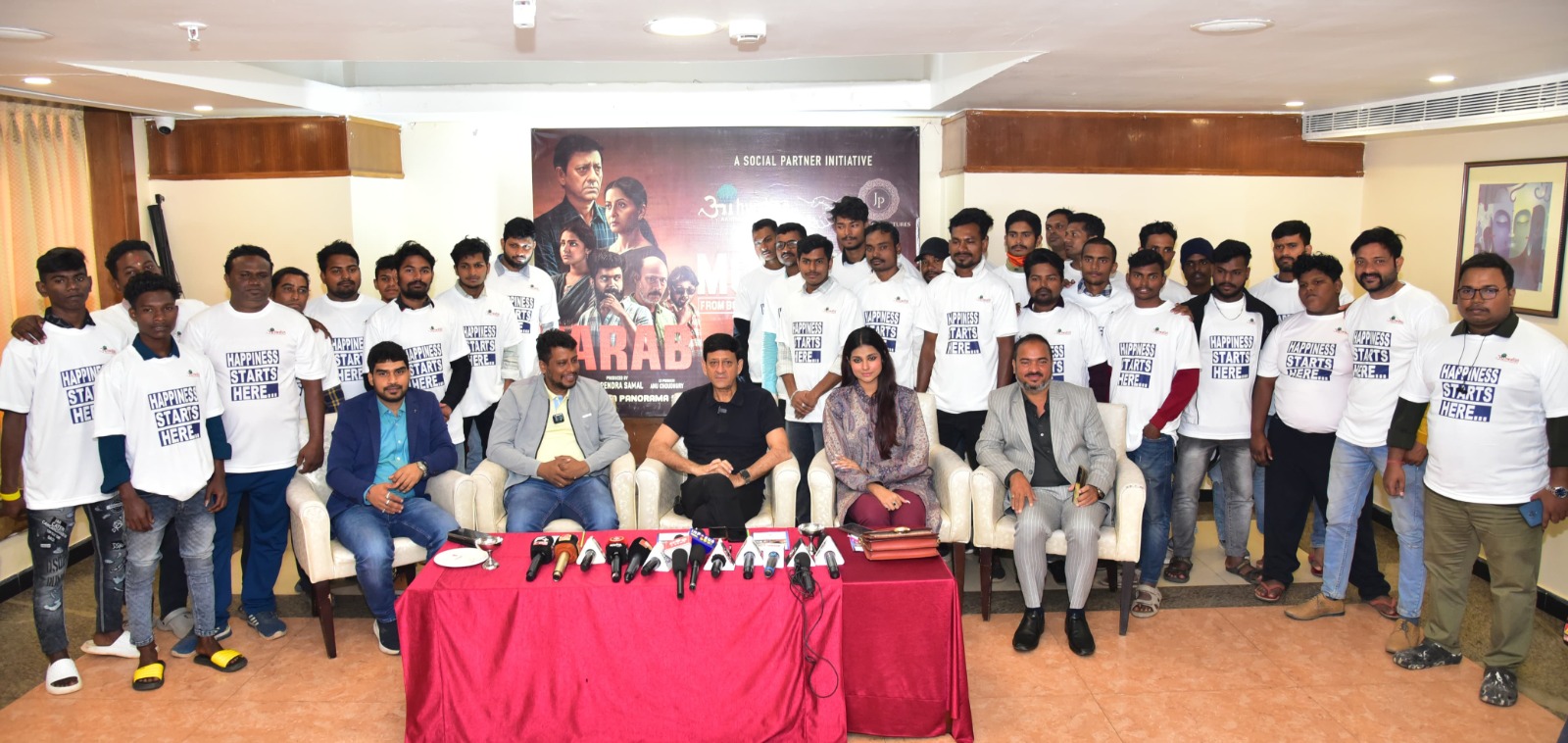
.jpg)
